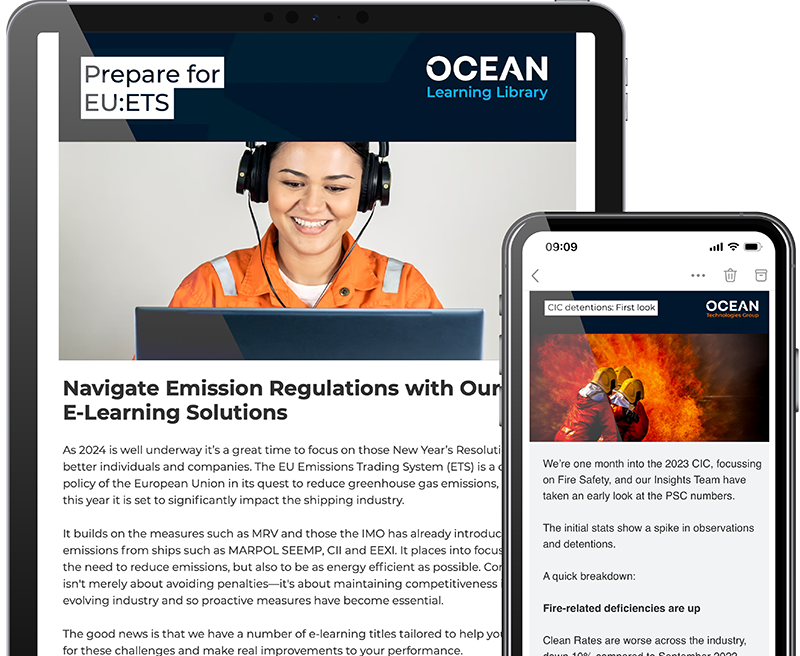Competency Management 101: Unlocking the Potential of Your Maritime Workforce
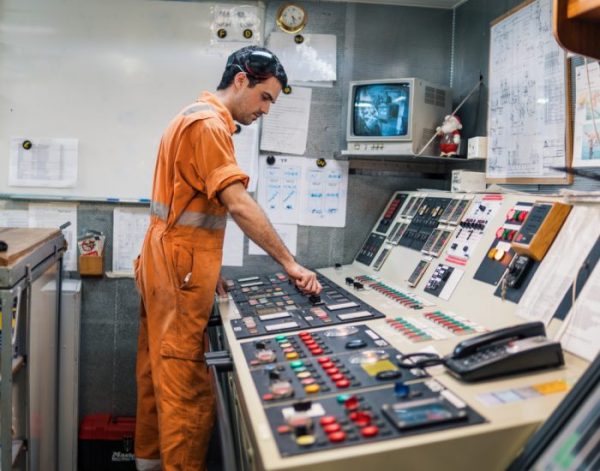
Sending people off to sea, in charge of potentially lethal, highly complex, high value assets requires more than an element of trust. It requires the concept of “competence”. What does that mean when it comes to seafarers and shipping?
FOLLOWING THE RULES
For shipping, it is the International Convention on Standards of Training, Certification and Watchkeeping for Seafarers (STCW), which has enshrined the common agreements and international standards of training, certification and watchkeeping for seafarers.
This means that on a global perspective there is a sense of what seafarers can, should and will do. That is, the definition of a “competent” seafarers. These are seafarers who display the abilities required by their job and have been examined and deemed competent.
The STCW Convention requires that training leading to the issue of a certificate is ‘approved’. Amongst other things, the Convention requires that training and assessment of seafarers are administered, supervised and monitored in accordance with the provisions of the STCW Code; and those responsible for training and assessment of competence of seafarers are appropriately qualified in accordance with the provisions of the Code.
The International Maritime Organization (IMO) does not approve any training courses or institutes, that is down to the Member Governments party to the STCW Convention. Approval is normally given by the Maritime Administration of an STCW Party in accordance with the Convention requirements. Ocean Technologies Group has worked for decades with administrations, and we are proud to hold approvals from all the major flag States.
WHAT IS COMPETENCE?
So, the maritime training and certification system is tried, tested, and works well. It rests, as we said in the introduction, on the concept of “competence”. What does that really mean though, and how can it be managed by shipping companies, ship managers and operators?
The key to competence of seafarers is to manage those skills, while also ensuring they are up to date, recognised and certified. Which may seem straightforward with the STCW guidelines to follow, but there are challenges too.
Competence is the ability of an individual to do a job properly, while a competency is a set of defined behaviours providing a structured guide enabling the identification, evaluation and development in individual employees.
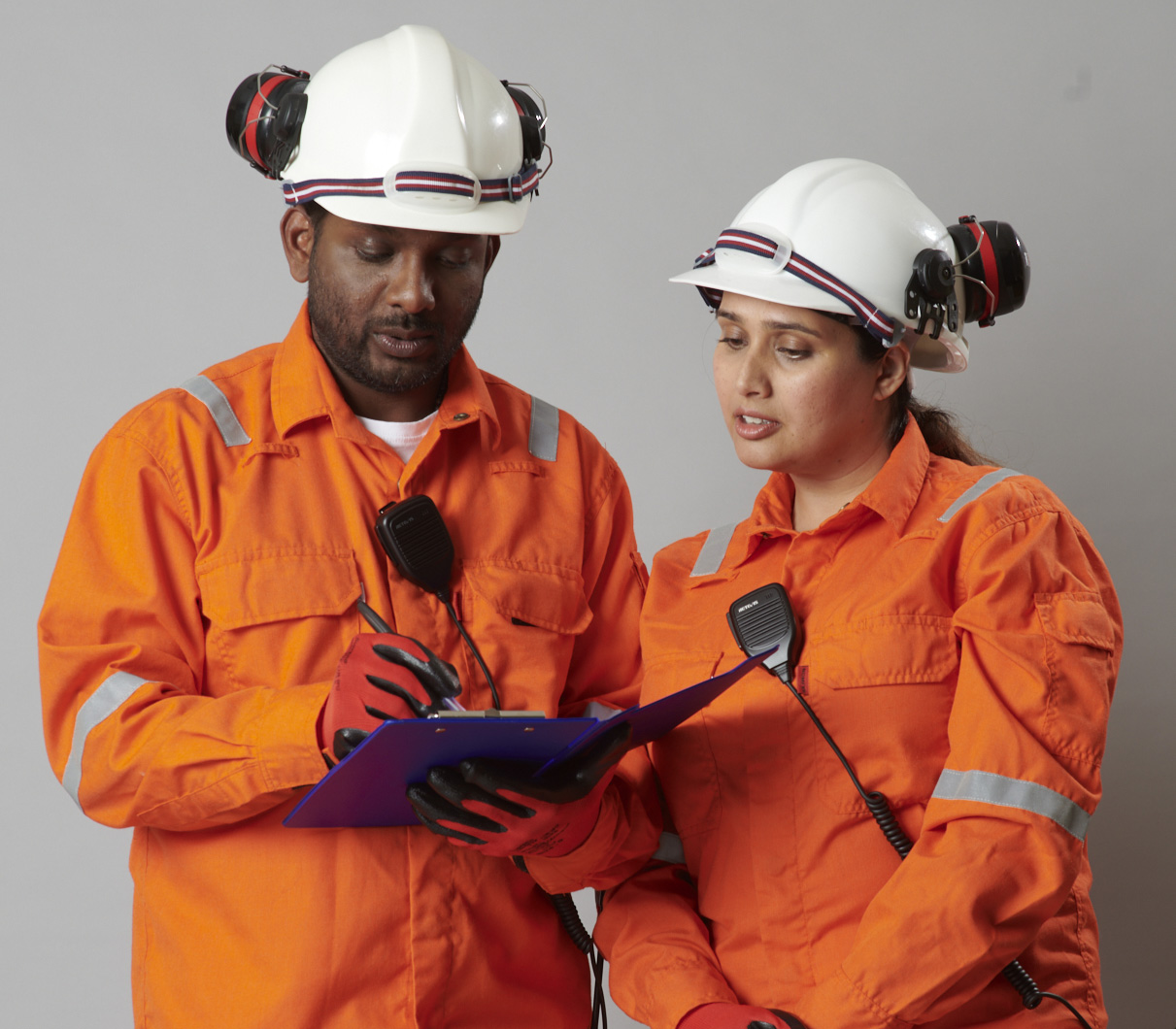
However, use of the term and understanding of the concept varies widely, which can lead to considerable challenges. Not least when it comes to managing seafarer competence and improving performance. Does it mean that competence is static? Does it mean that once someone is competent they cannot improve? Common sense would say no, but how does that translate to the every-day shipboard applications?

SETTING THE SCENE
The term “competence” first appeared in an article by an American psychologist Robert. W. White in 1959. It was based on a concept for performance motivation, trying to understand people’s view of the tasks they felt comfortable with, or which they deemed overly challenging.
White, defined competence as, “the ability to interact effectively with the environment.” He held that competence motivation, wanting to be good at something, was different from biological driven motivation, such as hunger, thirst or sleep.
The competence theory states that children will gravitate to areas in which they perceive competence and avoid areas where success is hit or miss, and a sense of accomplishment is lacking. Successful and failed mastery attempts result in reinforcement of the domain that a person migrates towards.
People will gravitate to their strengths, because it makes them feel competent and creates a positive feeling which reaffirms their competence within that domain. Humans like to succeed, and competence is a measure of that.
SKILL SETS (SEAFARER TRAINING)
Competence is a combination of practical and theoretical knowledge, taking in:
- Cognitive skills
- Behaviours and values
- Qualifications
- Ability to perform a specific role
In emergencies, competent people react to a situation following behaviours they have been taught and have experienced. Indeed, a competent a person has a repertoire of possible actions to take and is trained in the possible situations.
Competencies effectively fall in three groups:
- Behavioural (or Life Skills) Competencies: These are life skills about the problems and questions commonly encountered in daily human life. Examples are: communication, analytical ability, problem solving, initiative, etc. These are usually set before someone even becomes a seafarer, but it is always good to improve on these if possible.
- Functional (or Technical) Competencies: Functional Competencies relate to functions, processes, and roles on the job, and include the knowledge of, and skill in the exercise of, practices required for successful accomplishment of a specific job or task. For seafarers and shipping, this is the key area – and it is these functional competencies which translates to how the job is done onboard ship.
- Professional Competencies: These are the competencies that allow for success in an organisational context. They are the accelerators of performance, and often the reason people fail to excel in jobs. Examples would be how to take discipline, working in the business environment, and of having high professional standards. They would also include negotiation skills and people management. These are the layers of competence which begin to shape someone’s career, rather than just their job.
MANAGING COMPETENCY
For shipping companies, having competent people is vital. From a legal perspective, but so to for getting the job done. Safe, efficient and secure shipping rests on the shoulders of competent seafarers.
It is not always straightforward when it comes to managing competency, or indeed performance. At the most basic level it is about certification, and so employers need to know what qualification are in place. Then it is about the training which supports and keeps the certificates valid.
The relationship between competency and performance then begins to coalesce. The maritime HR manager needs to be able to implement competency management approaches which allow the company to understand not just where seafarers are in their development, their standing, ranks and tickets, but where they are going.

At Ocean Technologies Group, we believe that every maritime professional deserves a safe and fulfilling career that contributes to a thriving planet. Competency management plays a critical role in achieving this by unlocking the full potential of your crew, both at sea and ashore.
Learn more aout the OTG Competency Management System here.
Elevating Standards and Careers with Competency Management
Why is Competency Management becoming so important?
Would you like to learn more about CMS?
We have created a section of our YouTube channel which is dedicated to helping people learn more about Competency Management. Featuring recordings of two full webinars plus bite-sized snippets covering FAQ’s such as:
- Why implement a CMS?
- What are the benefits of a digital CMS?
- Why is competency management becoming increasingly important?
- What are the key components of a CMS?
and many more.
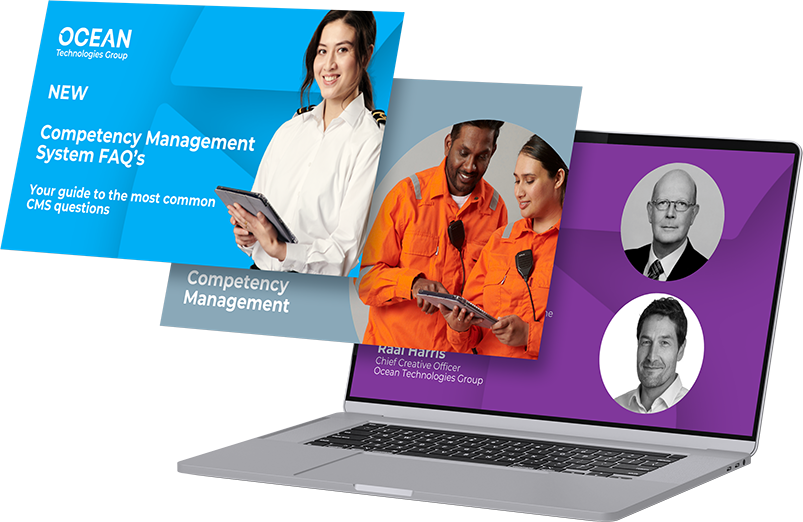
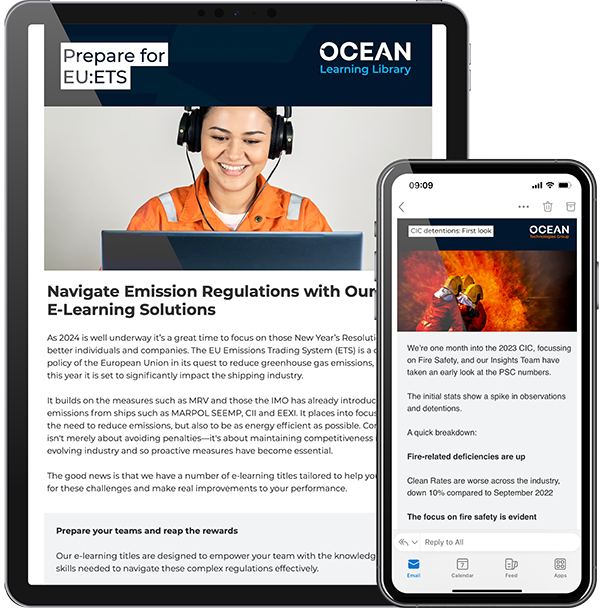
Subscribe to our Newsletter
Stay connected with our guides, insights, news and more.
